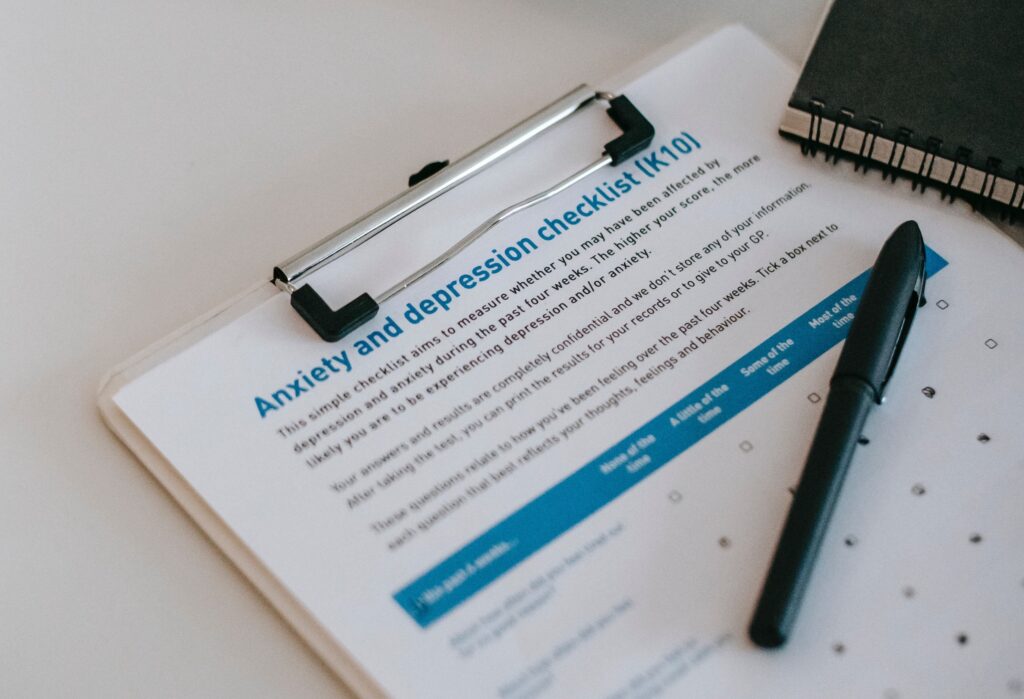It’s getting closer to the end of another year and another licensure period for many clinicians. For some, it’s a question of how you want to hone your skills and therapist resources. Others only want to finish those requirements. Let’s be honest, you know you want those ethics continuing education training credits!! (Whether you actually want them or not….)
Ethics training is something virtually every state requires to maintain licensure in mental health. Some like ethics concepts, while they bore others. There are good arguments for how it aides effective practice. But it is something we all need to do to keep licensure.
Well you’re in luck, especially if you don’t like ethics training. The Cognitive Behavior Institute (CBI) has a good interesting ethics continuing education (CE) training course. Their course focuses on the top 5 ethical and legal hazards specific to many more novel issues that clinicians experience in mental health practice. For example, communication issues outside of session, clinician-initiated termination, ethics of support animals, and role shifts, to name a few.
The course utilizes a research-based approach to describe these top 5 pitfalls. It also discusses how to anticipate and navigate multiple related challenges. This course focuses on approaching these challenges in ways that benefit clients and mental health practice overall.
Pros: This course takes a research-based approach to be understand which important issues clinicians most run into and how those can impact practice. The course boasts novelty in not covering “the same old ethics topics” that many receive extensive training in (e.g., dual roles, confidentiality, record keeping, etc.). And at just under $40, who can beat the price! This course also reviews legal issues in addition to ethical ones.
Limits: This course grants 2 CE hours. Many states require more hours than that to fulfill ethics licensure requirements. In reviewing ethical and legal issues, this course cannot guarantee official ethical or legal liability protections in practice (no course can do that). It should not be used in place of legal counsel in ongoing liability matters.
Ethics continuing education training is one of those things that can be helpful for practice, even if some do not love it. But at least there is a novel ethics training out there that can help us add to our therapist resources to navigate tricky aspects of mental health practice.














